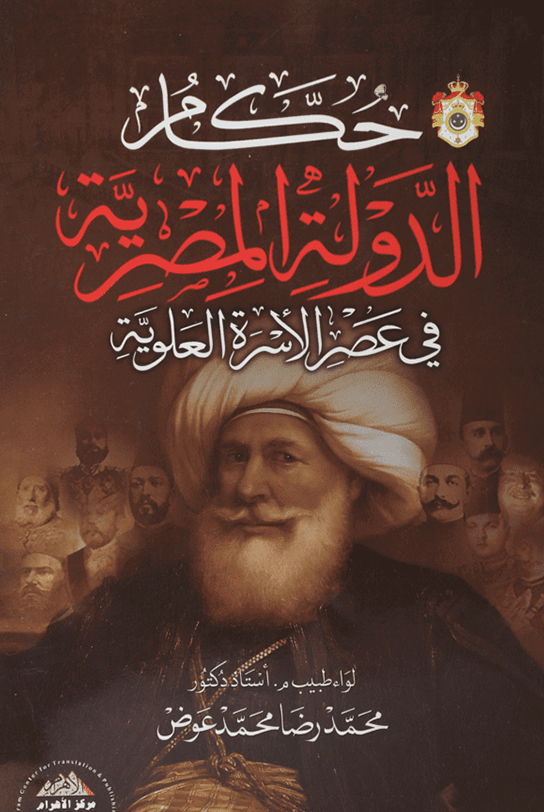The Transformations of Islamic Discourse in Africa
35,00 د.إ
This book “Transformations of Islamic Discourse in Africa: From Reformist Sufism to Boko Haram” seeks to focus on one aspect of the study of the Islamic phenomenon in Sub-Saharan Africa, namely, the problematic issues and concerns related to the discourse of Islamic renewal and reform in the African context. A comprehensive vision is adopted to understand the environment and patterns of this reformist discourse across time and space, ranging from the Sufi Ahmad Bamba in Senegal, the Salafi Abdullahi Gummi in Nigeria, the progressive Farid Esack in South Africa, and the concept of modernity by Hassan Turabi, to the radical and violent revolutionary discourse adopted by Islamist groups like Boko Haram and Al-Shabaab.
The book raises several important questions that are subject to discussion and analysis. One of the key questions is the reality of the reasons and motivations that explain the emergence of the reformist discourse in many countries such as Sudan, Nigeria, Senegal, and Zanzibar. What are the patterns of this discourse and its intellectual and epistemological variations? What are the main reformist and renewal theses proposed by each discourse separately? Are there any common visions among them?
Moreover, the book explores how Islamic discourse responded to the challenges of the Western modernity project on one hand and the realities of underdevelopment and dependency experienced by African societies on the other hand
Brief About the Author:
Dr. Hamdi Abdel Rahman holds a Ph.D. in Political Science from both Cairo University and the University of Maryland, USA, under the joint supervision system in 1990.
He currently serves as a Professor of Political Science at the Institute of Islamic World Studies at Zayed University, Dubai, since 2002, and he is also a Professor of Political Science at the Faculty of Economics and Political Science, Cairo University.
He was awarded the Egyptian State Award in Political Science for his book “Issues in African Political Systems,” published by the African Future Studies Center in Cairo, Egypt, in 1998.
He has supervised numerous master’s and doctoral theses in Political Science in Egypt and abroad.
He was the Vice President of the African Association of Political Science in Pretoria (2005-2001), and he is also a member of the Advisory Board of the Swedish Network of Peace, Conflict, and Development Studies.
Compare



